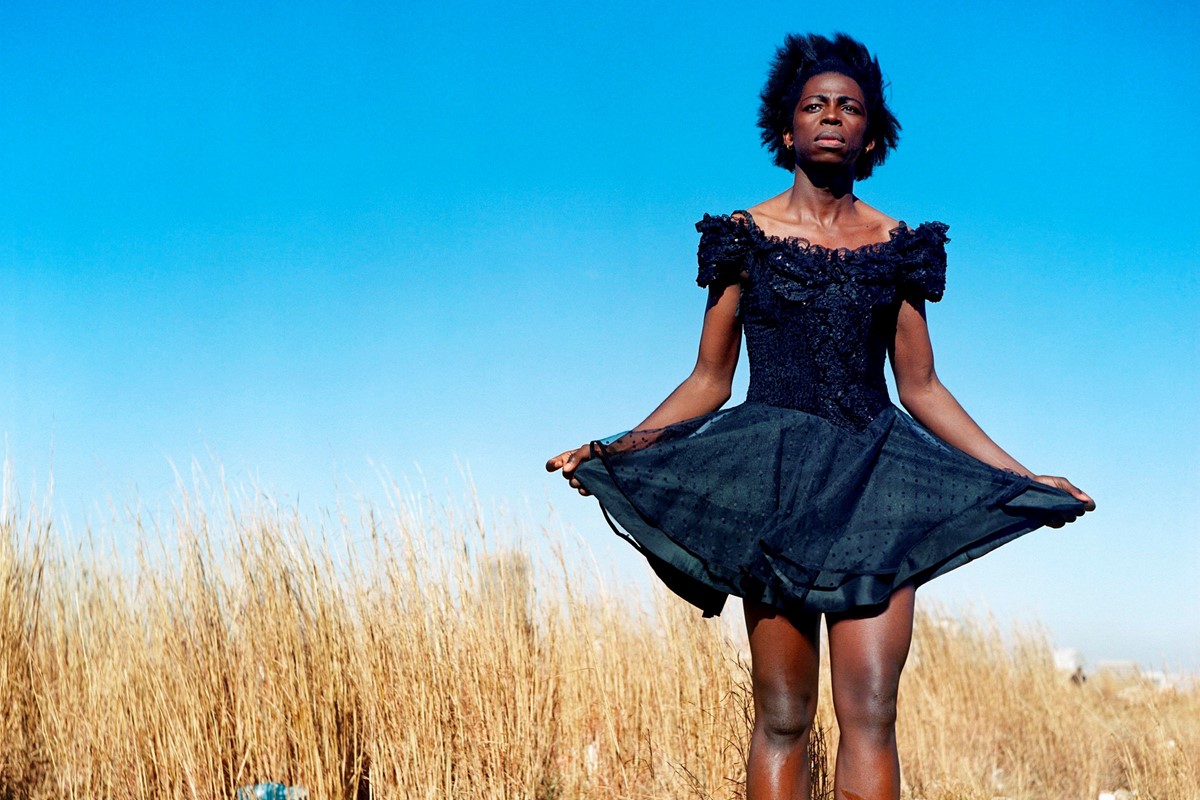Sentimentite (First death caused by self-driving car 84/100, from Chapter 9: Tech Futurism)
2022 - NFT (NFT)
Agnieszka Kurant
For Sentimentite Agnieszka Kurant collaborated with Justin Lane, CEO and Co-Founder of CulturePulse, to gather global sentiment data that has been harvested from millions of Twitter and Reddit posts related to 100 seismic events in recent history. Kurant’s fictional mineral-currency is at once data visualization, a sly commentary on global markets, and a speculative narrative about the connection between technology and geology (for example ‘conflict minerals’ used in smartphones). Inspired by the way natural forces shape rocks, landscape, and planets over time, Sentimentite ’s evolving forms are shaped by dynamic social and political ruptures in the 21st century. The selection of NFTs reflect a range of key contemporary issues that have global relevance; the 2022 Russian invasion of Ukraine, the COVID-19 global lockdowns, and the first death caused by a self-driving car.
Conceptual interdisciplinary artist, Agnieszka Kurant explores how complex social, economic and cultural systems can operate in ways that confuse distinctions between fiction and reality or nature and culture. She investigates “the economy of the invisible,” in which immaterial and imaginary entities, fictions, phantoms and emergent processes influence political and economic systems. Kurant probes the “unknown unknowns” of knowledge and the speculations and exploits of capitalism by integrating elements of science and philosophy, and analyzing certain phenomena—collective intelligence, emergence, virtual capital, immaterial and digital labor, evolution of memes, civilizations and social movements, artificial societies, energy circuits and the editing process—as political acts. She explores the hybrid and shifting status of objects in relation to value, aura, authorship, production and circulation. Many of her works emulate nature and behave like living organisms, self-organized complex systems or bachelor machines.
Colors:
Related works featuring themes of: » Collecting and Modes of Display, » Contemporary Conceptualism, » Contemporary Fact Versus Fiction, » Cultural Commentary, » Polish

© » KADIST
Hank Willis Thomas
2014Shot in black and white and printed on a glittery carborundum surface, Black Hands, White Cotton both confronts and abstracts the subject of its title...

© » KADIST
Carlos Amorales
2006This work, a large oil painting on canvas, shows a moment from Amorales’s eight-minute two-channel video projection Useless Wonder (2006)...

© » KADIST
Hans-Peter Feldmann
The types of objects Feldmann is interested in collecting into serial photographic grids or artist’s books are often also found in three dimensional installations...

© » KADIST
Daniel Crooks
2014The Illusion of Everything (2014) follows an unseen pedestrian as he navigates the Australian city of Melbourne’s dense and intricate network of laneways...

© » KADIST
Hank Willis Thomas
2012Intentionally Left Blanc alludes to the technical process of its own (non)production; a procedure known as retro-reflective screen printing in which the image is only fully brought to life through its exposure to flash lighting...

© » KADIST
Du Zhenjun
2010The Tower of Babel is an installation of large-format photographs that forces the audience to occupy a central position through its monumental scale...

© » KADIST
Cinthia Marcelle
2012Cinthia Marcelle’s video work Automóvel (2012) re-edits the mundane rhythms of automotive traffic into a highly compelling and seemingly choreographed meditation on sequence, motion, and time...

© » KADIST
Hank Willis Thomas
2012Like many of his other sculptural works, the source of I am the Greatest is actually a historical photograph of an identical button pin from the 1960s...

© » KADIST
Mariana Castillo Deball
2015Taking archaeology as her departure point to examine the trajectories of replicated and displaced objects, “Who will measure the space, who will tell me the time?” was produced in Oaxaca for her exhibition of the same title at the Contemporary Museum of Oaxaca (MACO) in 2015...

© » KADIST
Mariana Castillo Deball
2009Do ut des (2009) is part of an ongoing series of books that Castillo Deball has altered with perforations, starting from the front page and working inward, forming symmetrical patterns when each spread is opened...

© » KADIST
Carlos Amorales
2005Produced on the occasion of an exhibition at ARTIUM of Alava, Basque Centre-Museum of Contemporary Art, this deck of cards is a selection of images from Carlos Amorales’s Liquid Archive...

© » KADIST
Mariana Castillo Deball
Mariana Castillo Deball’s set of kill hole plates are part of a larger body of work problematizing archeological narratives, and drawing attention to the conservation process and its role in recreating an imagined object...

© » KADIST
Hank Willis Thomas
2012Thomas’ lenticular text-based works require viewers to shift positions as they view them in order to fully absorb their content...

© » ANOTHER
Zanele Muholi
Zanele Muholi’s Potent Portrait of South Africa’s Queer Community | AnOther As their new exhibition opens in San Francisco, Zanele Muholi talks about their powerful photos of queer survivors of hate crimes, couples in everyday moments, and self-portraits referencing history February 02, 2024 Text Emily Steer Zanele Muholi creates potent portraits...

© » KADIST
Hank Willis Thomas
2014South Africa Righteous Space by Hank Willis Thomas is concerned with history and identity, with the way race and ‘blackness’ has not only been informed but deliberately shaped and constructed by various forces – first through colonialism and slavery, and more recently through mass media and advertising – and reminds us of the financial and economic stakes that have always been involved in representations of race....





